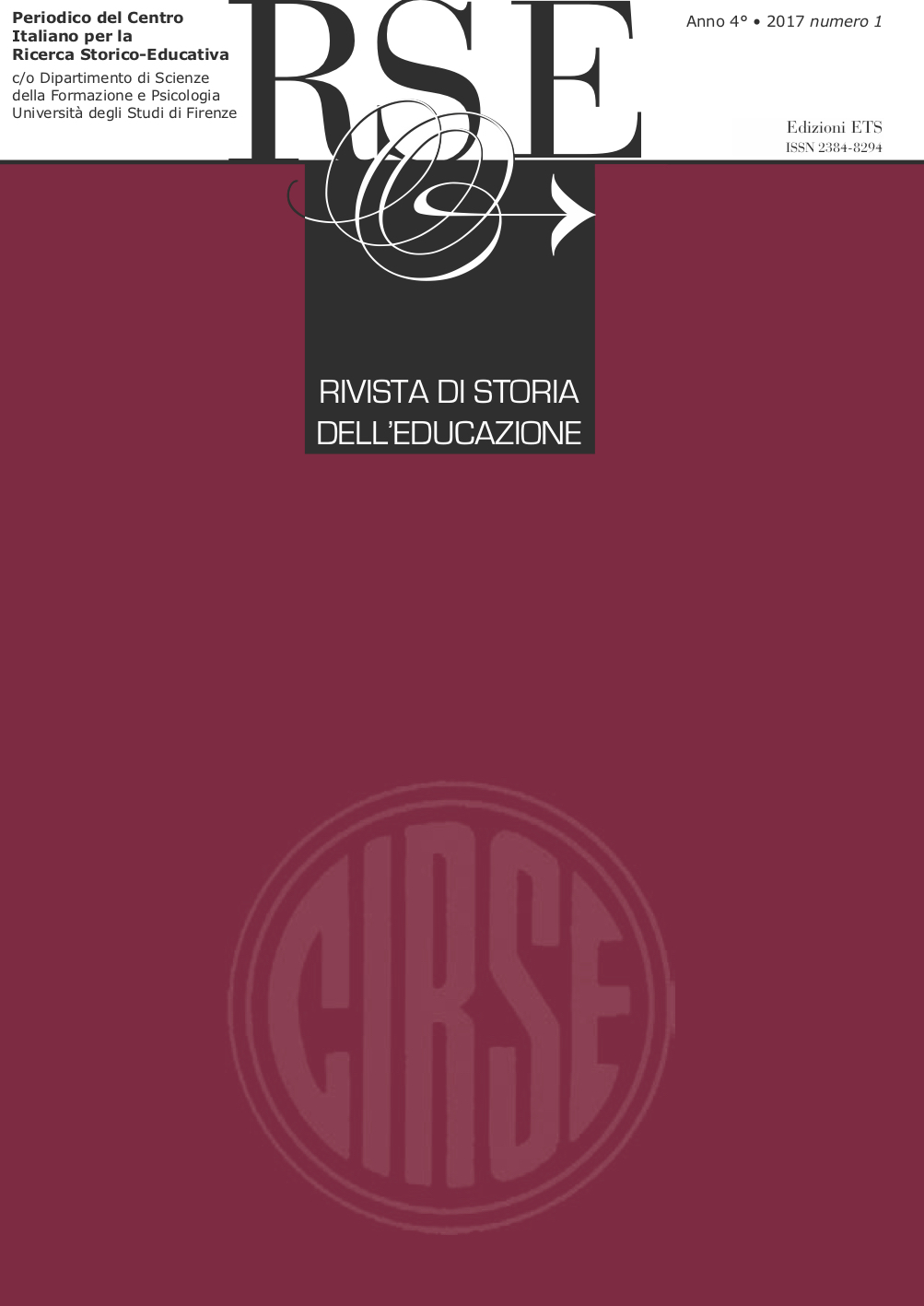A school for adults, a Balkanian educational phenomen organised in Bosnia and Herzegovina between the two World Wars
Published 2018-06-12
Keywords
- adult school, reform pedagogy, education, identity, Balkans
How to Cite
Abstract
The main intention of this article is to present an adult school that was launched within difficult political, economic, social, cultural and educational situation in Bosnia and Herzegovina promoting a kind of reform pedagogy approach. It was the first school of that kind in the Royal Yugoslavia (1918-1941). “The basis of our adult school in Sarajevo was adaptable to our national character because the pedagogy of this school was launched from inside, from belief that people’s well-being is in the first place. This differs from ordinary schools which fill up pupils’ heads with sentences and formulas” (Vidović 1925, 314-315). By reconstructing individual context of the school and its founder via published sources stored in the School Museum in Zagreb, Croatia, it permits me to assess the extent to which this school and its successful activities influence national education system and change the life of its students. Such an approach can help in tracing a history of this phenomenon that grew from the base attempting to create a new kind of person within the umbrella of Yugoslav national identity. Hence, the school was not only an educational institution but also a place for ideological activities that were promoted through textbooks, educational programs, and practices.

